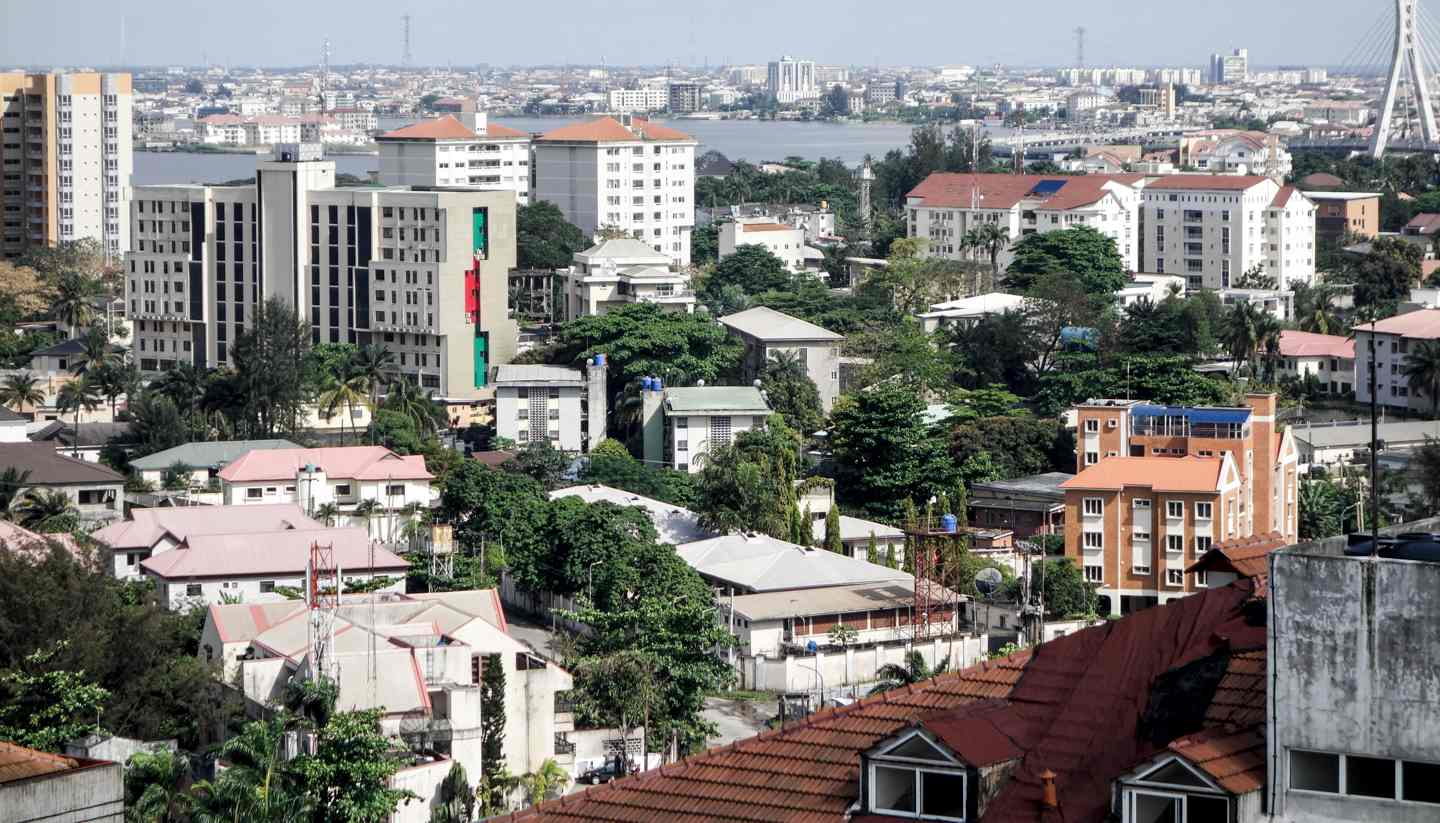Money and duty free for Nigeria
Currency and Money
Currency information
Naira (NGN; symbol ₦) = 100 kobo. Notes are in denominations of ₦500, 200, 100, 50, 20, 10 and 5. Coins are in denominations of ₦1 and kobo 25, 10, 5 and 1.
Credit cards
American Express, Diners Club, MasterCard and Visa are rarely accepted in Nigeria and, because of the prevalence of credit card fraud, their use is ill-advised.
Travellers cheques
Facilities for changing traveller's cheques are limited to Abuja and larger towns, but exchanging them can be problematic.
Banking hours
Mon 0800-1500, Tue-Fri 0800-1330.
Currency restrictions
There are no restrictions on the import and export of local currency. The import and export of foreign currency is unrestricted but must be declared.
Currency exchange
The government of Nigeria has fixed an artificially high rate for local currency (the Naira) in terms of its value in exchange for foreign currencies. However, trading on the black market is extremely dangerous and could lead to arrest. Therefore, visitors are advised to exchange currency at the official rate and at approved exchange facilities, which often include major hotels. Inter-bank transfers are frequently difficult, if not impossible, to accomplish.
Nigeria duty free
Overview
The following goods may be imported into Nigeria by travellers over 18 years of age without incurring customs duty:
• 200g of tobacco products.
• 1L of spirits and 1L of wine.
• 284ml of perfume.
• Gifts to the value of ₦50,000 (excluding jewellery, photographic equipment, electronics and luxury goods).
Banned Imports
Prohibited imports include birds and birds' eggs, pork, beef, water containing added sugar or sweeteners, certain medicines and mosquito repellent coils. For a full list see www.customs.gov.ng.
Banned Exports
All banned imports as well as maize, timber, raw hides or skin, endangered species, and artefacts and antiquities.


